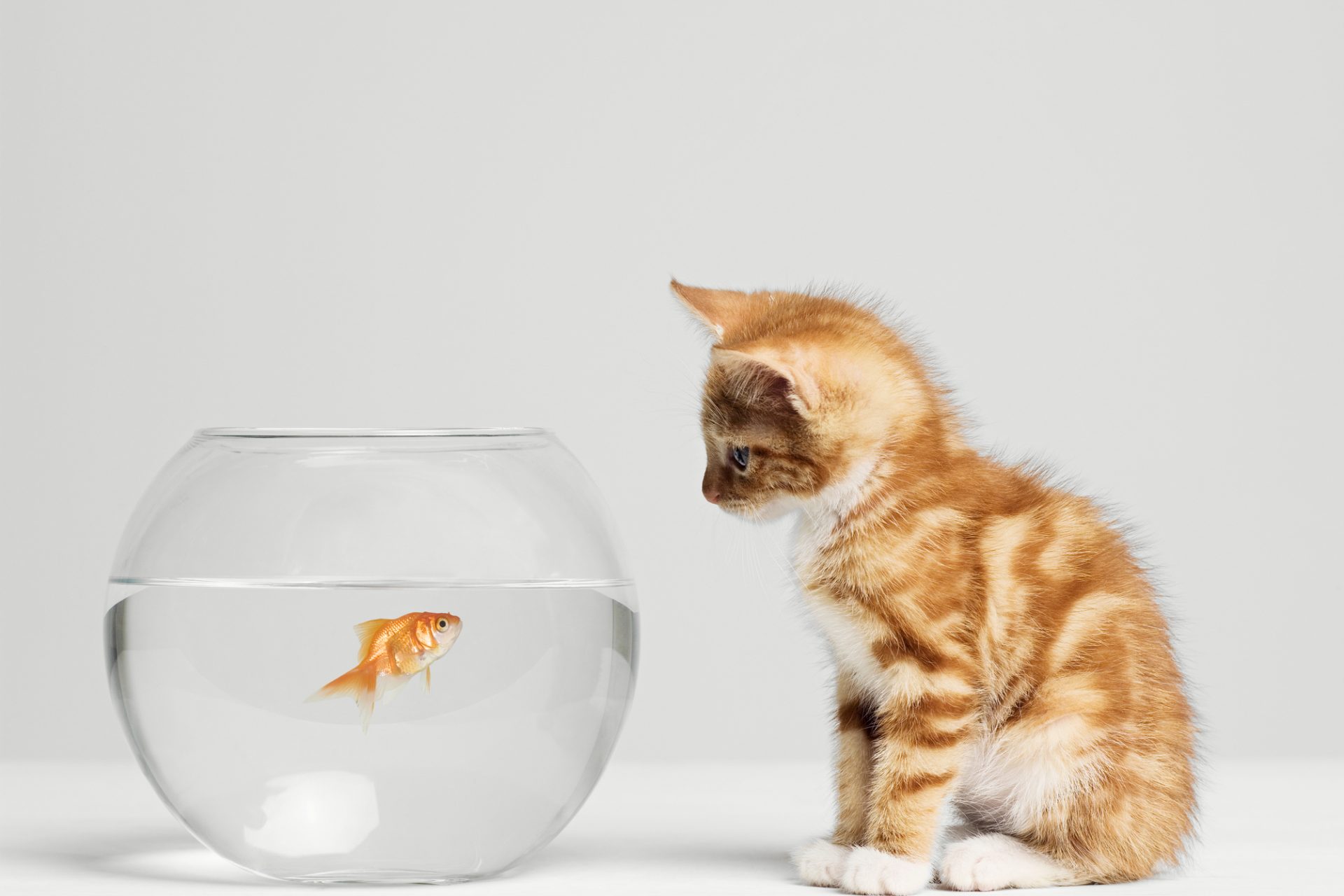Do 'biodegradable' plastic bags live up to their name?
We use more than 500 billion bags worldwide every year — the equivalent of one million bags per minute, according to Plastic Oceans International. What's more, these bags are useful for an average of just 15 minutes but can pollute the environment and harm wildlife for hundreds or even thousands of years.
Biodegradable bags are made from materials designed to break down into natural components over time. But their eco-friendly credentials vary greatly based on factors like composition (some are made from altered plastic, others from organic materials) and how they are disposed of.
In 2019, researchers tested the so-called “environmentally friendly bags” to see how fast they could actually break down in the environment. The study was published in Environmental Science and Technology.
The experiment included a biodegradable bag made in part from oyster shells; a compostable bag made from plant products; a standard plastic bag; and two bags made from oxo-biodegradable plastic, which contain additives said to help the plastic break down faster.
The researchers then wanted to see how they would respond to different environments. So over three years, they studied how the different bags would break down in open-air, buried in soil, submersed in seawater and in the lab.
Even after being cut into strips and buried for three years — none of the bags, not even the compostable one, had merged with the earth. Some minimal progress was seen with the composable bag, which after 27 months, could no longer hold weight without tearing.
In the tough marine environment, none were able to break down in three years except the plant-based compostable bag, which disappeared in three months. After three years, the biodegradable bag was still strong enough to hold groceries.
This was the only environment that consistently broke down all the bags after nine months — even the standard plastic bag disintegrated. However, in all cases, as they broke down, they posed dangers for animals and were also major eyesores.
Photo: Linus Belanger/Unsplash
Unfortunately, the researchers found that protecting the environment isn’t as easy as tweaking a bag’s formulation. “Our results showed that none of the bags could be relied upon to show any substantial deterioration over a three-year period in all of the environments,” it states, suggesting that biodegradable bags didn't show much of an advantage at all.
Even if some of the biodegradable plastics are technically recyclable, whether they’ll end up in a landfill depends on the commercial recycling plants in your area. They generally can’t be recycled with other plastics and can even contaminate entire loads of recycled plastic. Regular plastic bags can be recycled, but that is also challenging.
Most biodegradable plastic must be exposed to high temperatures in industrial facilities to break down, which many cities lack. If not, most will end up in landfills where they can even release methane, a potent greenhouse gas.
Some experts say the term "biodegradable" is too vague and unregulated to mean anything. "It's not a real thing.. the biodegradable stuff in a landfill sits there for decades or centuries," the New York City Department of Sanitation commissioner told the New York Times.
In late 2022, French authority ANSES told people to stop depositing these "eco-friendly" bags in public compost waste bins because they may not break down, and as such, represent a health hazard for human and environmental health because of chemicals or microplastics. Check your local regulations.
In Dec. 2023, Canada will ban all single-use plastic... including bags that are supposed to be compostable or biodegradable. Government officials said that's because these types of bags can post threats to wildlife and the environment just like regular bags and because there are no accredited standards that ensure the biodegradation of a plastic item in the Canadian environment within an acceptable time frame.
You definitely can't compost biodegradable bags in a home compost. According to the New York Times, you probably don't want to put compostable bags in there either because they don't generate enough heat to break the bags down. A better choice? Brown paper bags.
Although these bags are still disastrous in terms of short to medium-term pollution, they do often produce fewer carbon emissions when being produced, according to Colombia University. However, bioplastics made from crops need fertilizers, extensive land use and to go through complex chemical processes.
Photo: Tom Fisk,
Depending on what the bag is made of, it may release fewer toxic chemicals into the environment than regular plastics. Some might only turn into water, carbon dioxide and biomass and are free of some of the most harmful chemicals like BPAs and BPA-equivalents.
Another major issue with biodegradable bags is that consumers think they come with no environmental harm, since they're marketed as eco-friendly. With that mindset they are unlikely to change habits and continue opting for single-use products.
Some studies have shown that biodegradable bags are at "high risk" for creating microplastics, even more so than regular plastic bags. Microplastics pollution threatens ecosystems, harms marine life, enters food chains, contaminates water sources, and poses potential human health risks.
Scientists are still working hard to develop better alternatives for plastic bags, as well as recycling systems that can make better use of the materials currently available. For instance, scientists are experimenting with using mushrooms, bacteria and seaweed to create different materials.
But for now, to help the environment, the best you can do is reuse bags — and no, that doesn't require a collection of hundreds of cloth tote bags, which take a lot of energy to manufacture. For produce, mesh bags work great too.
IN a pinch, paper bags can be a good alternative. Although they take more energy to make than traditional plastic bags, they are biodegradable and very easily recycled.
More for you
Top Stories



































